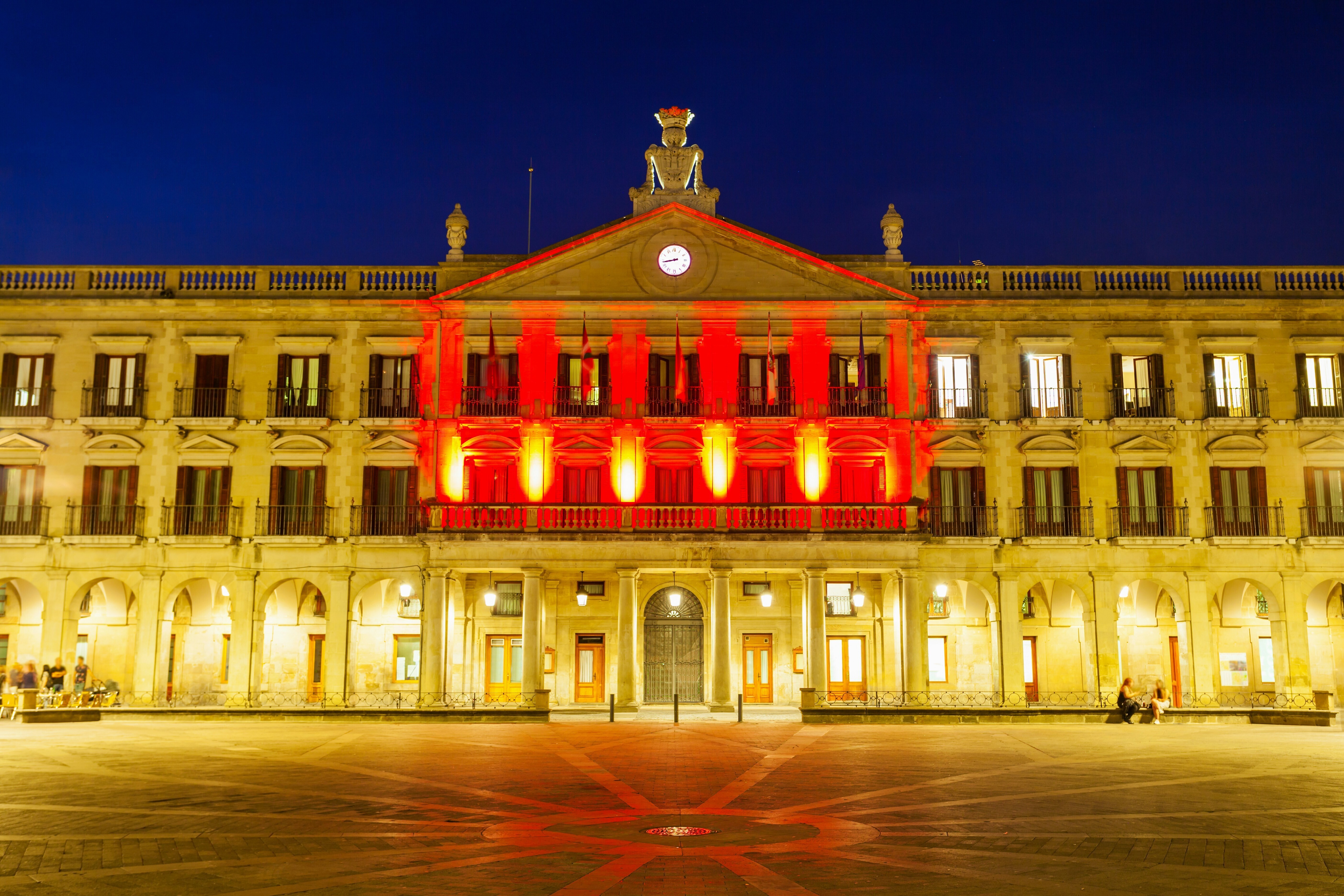Cape Town has devised a musical solution to its looming water crisis

South African pop stars have created songs that are aimed at getting people to take shorter showers.
Image: REUTERS/Marko Djurica
Stay up to date:
Fresh Water
Cape Town, the first major city on earth to be faced with running out of water, has devised a musical solution for its impending crisis.
City authorities teamed up with South African pop stars to launch an album of sped-up hits designed to help people save water by taking shorter showers.
Cape Town has been going through three years of persistent drought — one of the worst in its history. The government warns that there will be a date in 2018, known as "Day Zero," on which the city will run out of water.
To combat that, ten famous South African artists last year produced shower songs lasting exactly 120 seconds to make sure people shower for two minutes or less.
The "2-Minute Shower Songs" album, sponsored by the Cape Town government and finance firm Sanlam, released last November as efforts were building to push back the date at which water reserves will run dry.
You can listen to it here:
All the songs in the album are sped-up versions of the artists' existing songs. Some of the remixes now reference saving water.
South African artist Youngsta raps in his remix of "Wes Kaap": "You need to double check first that you turned off the tap."
The sped-up songs "capture the sense of urgency" around the risk of drought, the creative agency behind the campaign told Quartz.
"Day Zero," the date Cape Town will run out of water, is currently set at July 9, 2018. Most of the city's taps are then due to be be turned off and around 20,000 people would have to queue for their water.
The date for Day Zero has been moved back several times (it was initially in April), which Cape Town says is a sign that its strategy is starting to work.
The government has urged citizens to limit their water usage to 50 litres per day. A five-minute shower uses around 45 litres, while taking two minutes uses less than 20.
To meet the challenge, residents have been storing water in jugs and collecting free water from local breweries.
The government is worried that if people can't conserve enough water to avoid the shutoff, there will be anarchy in the city, which is home to 4 million people.
Helen Zille, the premier of the Western Cape province, said earlier this year that the challenge faced by the city "exceeds anything a major city has had to face anywhere in the world since the Second World War or 9/11."
Don't miss any update on this topic
Create a free account and access your personalized content collection with our latest publications and analyses.
License and Republishing
World Economic Forum articles may be republished in accordance with the Creative Commons Attribution-NonCommercial-NoDerivatives 4.0 International Public License, and in accordance with our Terms of Use.
The views expressed in this article are those of the author alone and not the World Economic Forum.
Forum Stories newsletter
Bringing you weekly curated insights and analysis on the global issues that matter.
More on Urban TransformationSee all
Kate Whiting
November 11, 2025
Jeff Merritt and Vivian Brady-Phillips
November 6, 2025
Jeff Merritt and Andras Szorenyi
November 3, 2025
Marielle Anzelone and Georgia Silvera Seamans
October 31, 2025






